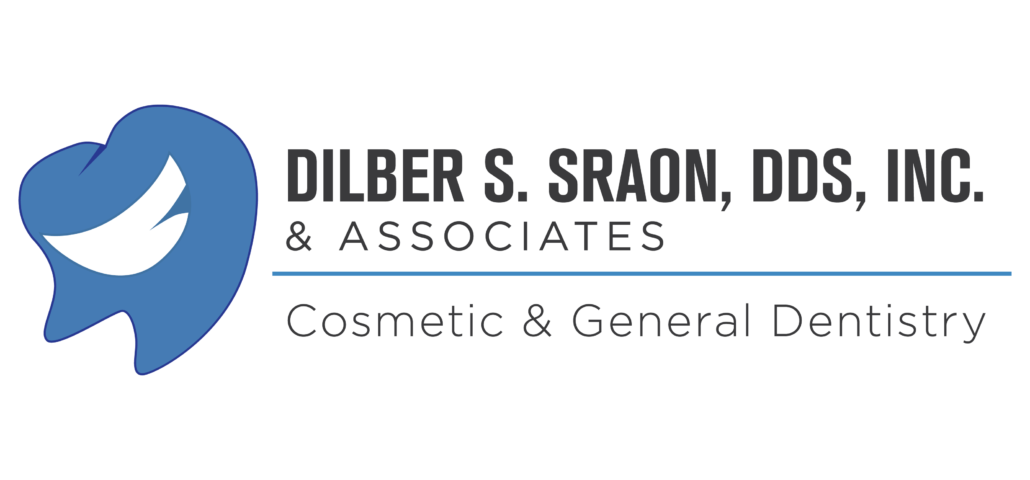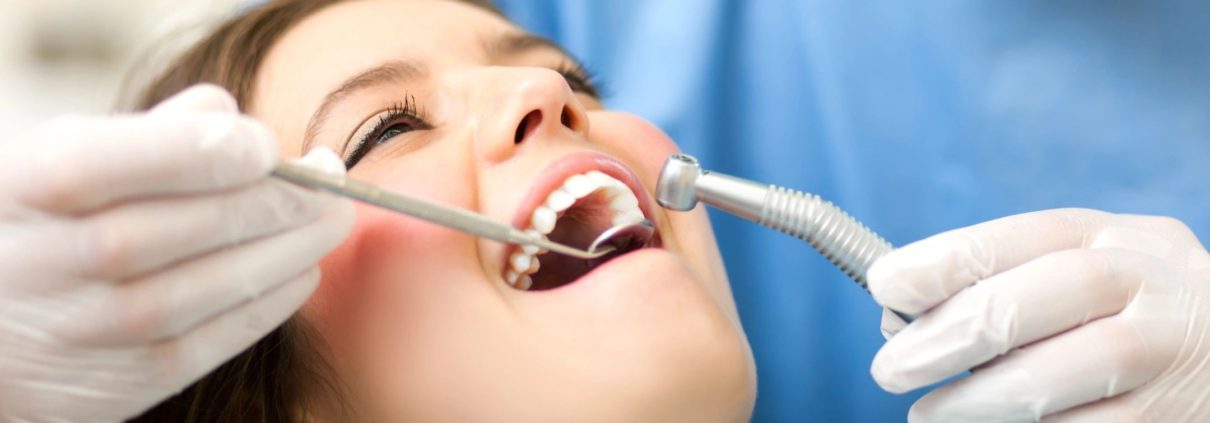Sometimes the nerve of a tooth becomes infected, and in order to save the tooth, the nerve must be pulled out. While this procedure sounds horrifying, it actually saves the tooth from needing to be removed. Keeping the tooth also prevents other teeth from drifting out and causing jaw problems. The good news is the treatment is easier to endure than ever before due to today’s advanced root canal technology.
In receiving a root canal, you will be in the careful hands of our experienced dentist. We will walk you through each and every step of the process, keep you informed along the way, and ensure you are comfortable throughout the procedure.
Comfortable, Precise Care to Save Your Natural Tooth
At Dilber Sraon DDS, we know that hearing the words “root canal” can cause anxiety—but we’re here to change that experience. Our modern approach to root canal treatment is focused on gentle care, precision, and preserving your natural tooth. If you’re experiencing tooth pain or sensitivity, root canal treatment may be the key to relieving discomfort and protecting your long-term oral health.
What Is a Root Canal?
A root canal is a dental procedure that removes infected or inflamed tissue from inside the tooth. This soft tissue, called the pulp, can become damaged due to deep decay, trauma, or repeated dental work. If left untreated, the infection can spread, causing pain, swelling, or even tooth loss.
The treatment involves gently cleaning out the infected canals, disinfecting the inner tooth, and sealing it to prevent future issues. This process is designed to relieve pain, stop the infection, and save the natural tooth—often with minimal discomfort.
Our San Jose dental office uses advanced tools and modern techniques to provide safe, efficient root canal procedures that allow you to return to your routine with comfort and confidence.
Signs You May Need a Root Canal
You may benefit from root canal treatment if you experience:
- Persistent or severe tooth pain
- Sensitivity to hot or cold that lasts
- Swelling or tenderness around the gums
- A darkened tooth or discoloration
- A bump or pimple on the gums near the painful tooth
These are signs that the pulp inside your tooth may be infected or inflamed. Prompt care increases your chances of saving the tooth.
What to Expect During Your Appointment
At Dilber Sraon DDS, patient comfort is always a top priority. During your root canal procedure, we will:
- Gently numb the area with local anesthesia
- Carefully remove the damaged pulp from inside the tooth
- Disinfect and shape the root canals
- Seal the canals and place a filling or dental crown to protect the tooth
Most treatments can be completed in one or two visits, and patients often report feeling relief almost immediately after the procedure.
Benefits of Root Canal Treatment
- Preserves your natural tooth
- Eliminates pain and infection
- Restores normal chewing and bite function
- Avoids the need for extraction or implants
- Prevents further damage to surrounding teeth and bone
With proper care, a tooth that has undergone root canal treatment can last for many years to come.
Your Comfort Comes First
Dr. Dilber Sraon brings years of experience and a gentle touch to every root canal procedure. We use digital X-rays, rotary instruments, and modern techniques to make your experience smooth and stress-free. We’ll walk you through each step and make sure you’re completely comfortable before, during, and after the visit.
Don’t Wait to Address Tooth Pain
Tooth pain should never be ignored. Call us at 408.227.1404 or schedule an appointment online to have our expert team relieve your discomfort and help preserve your smile with compassionate care.
If you are looking for a professional and quality service while ensuring your comfort, please contact us at 408.227.1404 or email us to book a consultation with Dr. Sraon.

